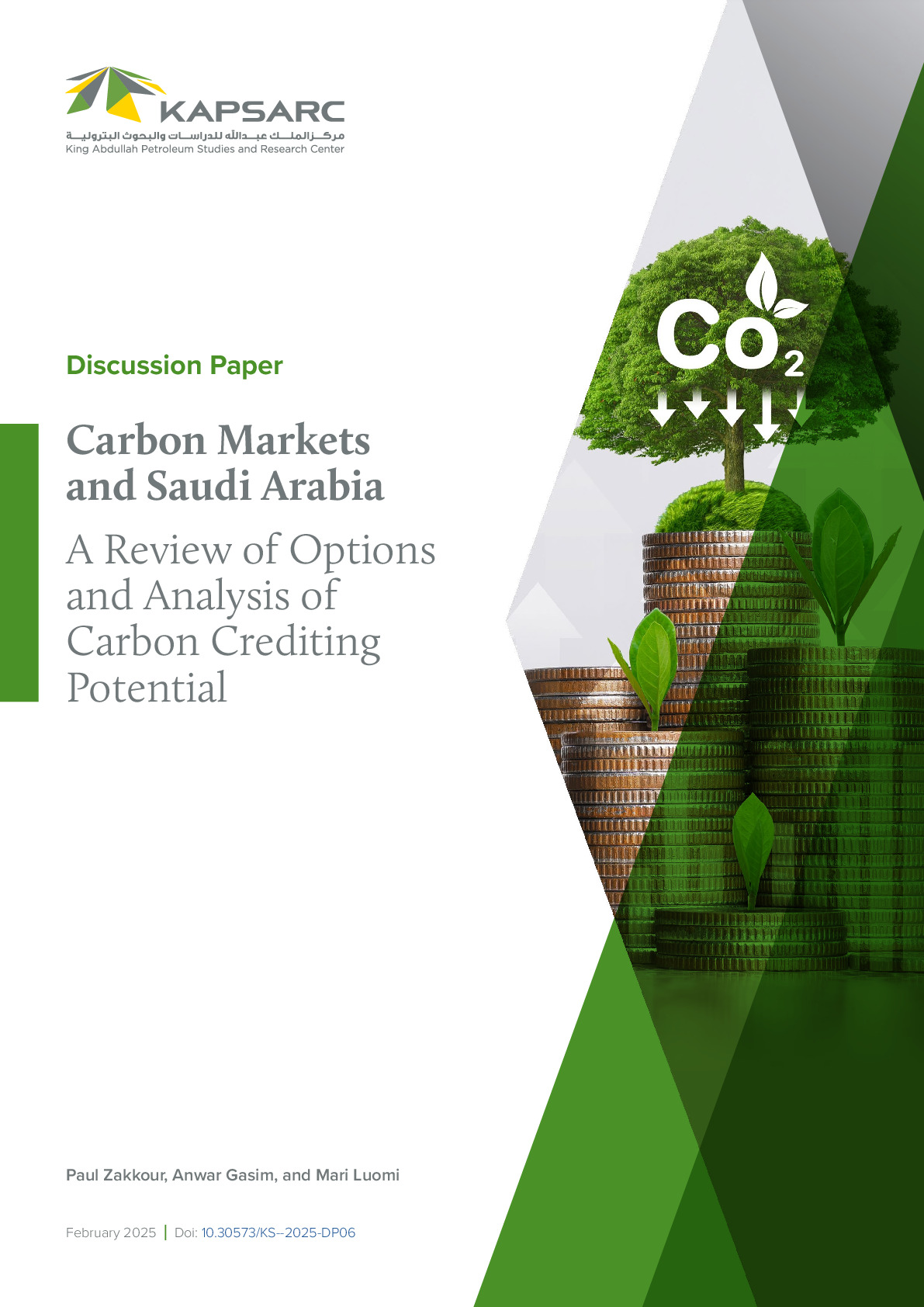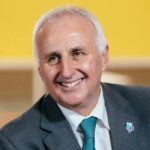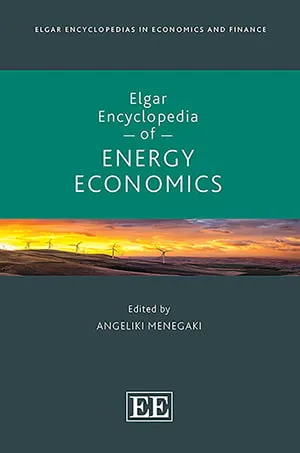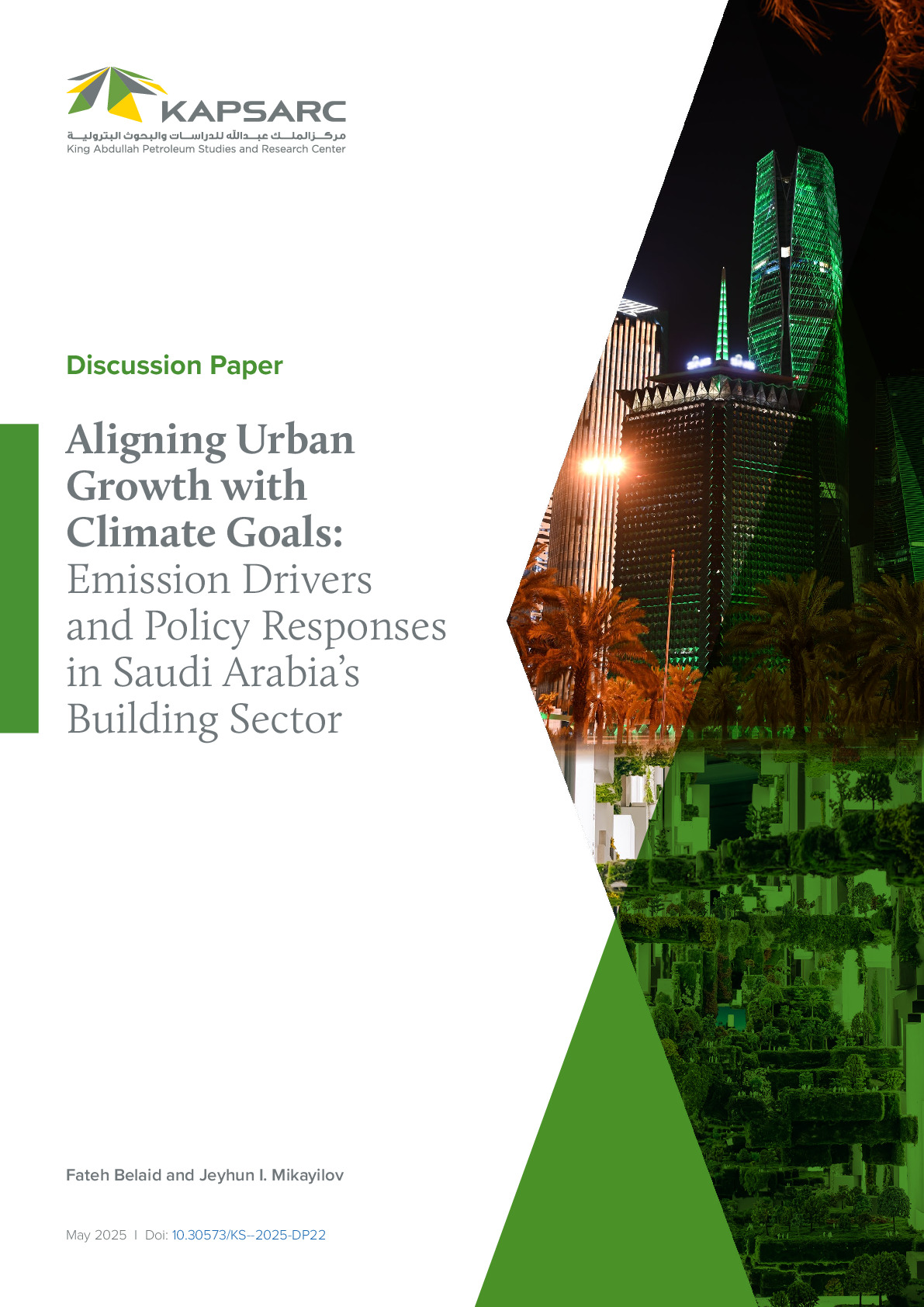Using an econometric model, we generate scenario projections of CO2 emissions under different sets of assumptions on the underlying drivers. These drivers include GDP, the energy price, economic structure, and the underlying emissions trend. Our baseline scenario projects that Saudi CO2 emissions will rise from 540 Mt in 2019 to 621 Mt in 2030 and 878 Mt in 2060. In a high GDP growth scenario, the corresponding numbers for CO2 emissions are 635 Mt in 2030 and 985 Mt in 2060. In contrast, in a low GDP growth scenario, CO2 emissions would grow to 607 Mt in 2030 and 781 Mt in 2060. In an economic diversification scenario, CO2 emissions would grow to 602 Mt in 2030 and 769 Mt in 2060. These projections are 646 Mt and 1096 Mt for the heavy industrialization scenario. Even in our lowest scenario, further efforts are needed to meet the net zero ambition.

Fellow- Energy Macro & Microeconomics
Abdulelah is an Economist and Research Fellow at KAPSARC with expertise in various fields, including macroeconomics, energy, international trade and…
Abdulelah is an Economist and Research Fellow at KAPSARC with expertise in various fields, including macroeconomics, energy, international trade and investment flows, financial development, and public policy. He currently leads the project, “Applying Behavioral Economics Methods to Energy Policymaking in Saudi Arabia," which led to the first randomized controlled trial for electricity consumption. Additionally, he is a contributor on other projects, such as the “KAPSARC Vision 2030 Input-Output Tables”, “Economic Growth and Energy Transition Pathways”, “CGE Model for Economic Policy Analysis in Saudi Arabia”, and “Modeling Energy Consumption and its Impact in Saudi Arabia.” His work has been published in top-tier peer-reviewed journals in the field of energy economics. As a passionate advocate for evidence-based policymaking, Abdulelah is committed to using his expertise to help shape the future of energy and economic policy in Saudi Arabia and beyond, having worked on many projects for the energy ecosystem. He is also a sought-after speaker and panelist on economic and energy policy, having participated in several high-profile events and discussions. In 2020, during the Saudi G20 presidency, he was a member, co-author, and task force coordinator for the Trade, Investment, and Growth Taskforce for Think20 (T20), the official Engagement Group of the G20. Before joining KAPSARC, Abdulelah worked as an economic consultant, providing policy analyses, modeling, and forecasting the impacts of public spending on social and economic indicators. He obtained a master’s degree in Applied Economics and a bachelor’s degree with Honors in Banking and Financial Economics. He received the King Abdullah Scholarship and is a member of the Saudi Economic Association and the Saudi Association for Energy Economics. He has also been inducted into the ISPI’s Next Forum of Future Leaders.
Expertise
- Macroeconomics
- Energy Economics
- Economic Growth
- International Trade and Investment
- Financial Development
- Energy Demand and Public Policy
- Econometrics
- Energy Transition and its Impact on the Global Economy
Publications See all Abdulelah Darandary’s publications
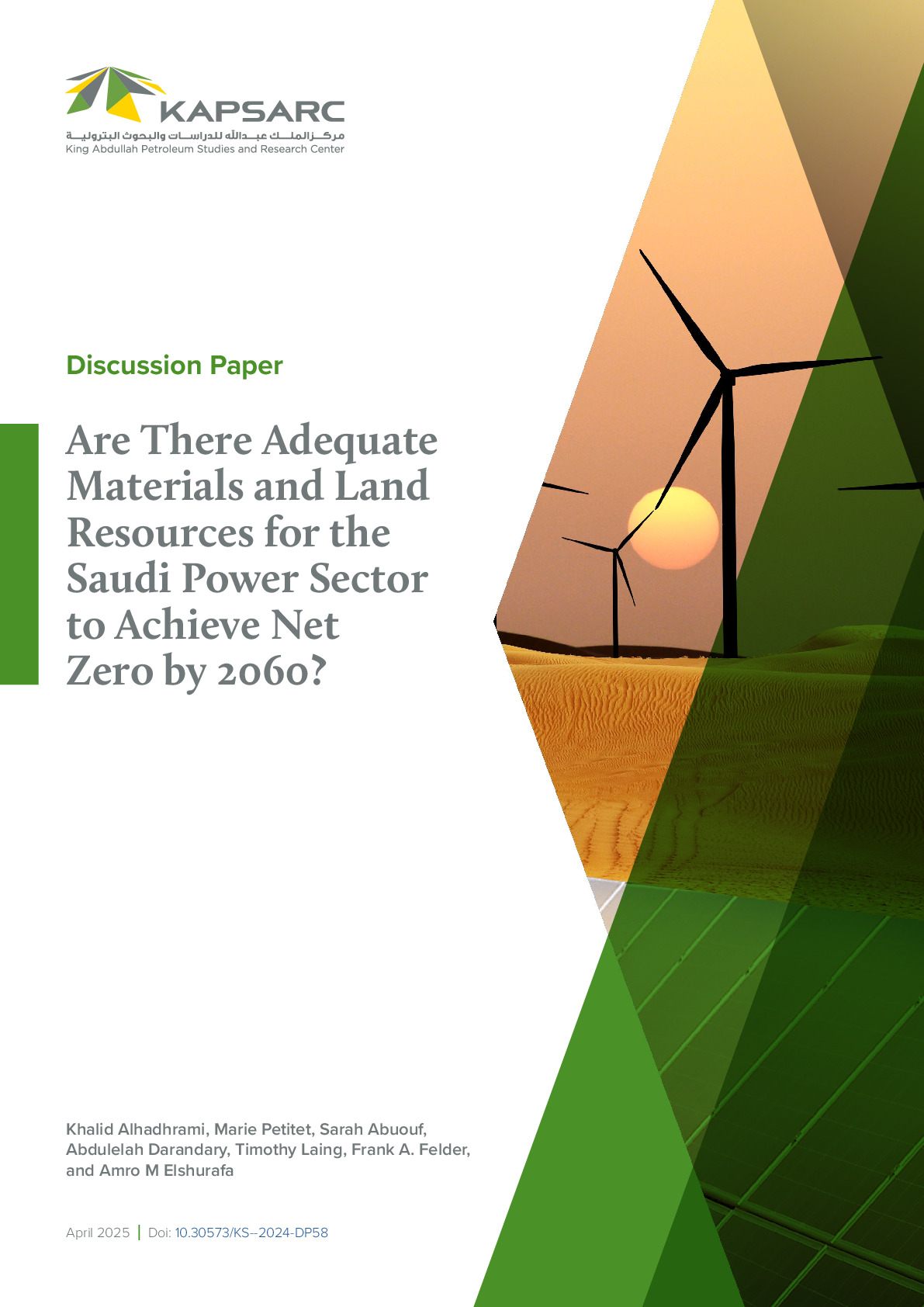
Are There Adequate Materials and Land Resources for the Saudi Power Sector to Achieve Net Zero by 2060?
Using an econometric model, we generate scenario projections of CO2 emissions under different sets of…
27th April 2025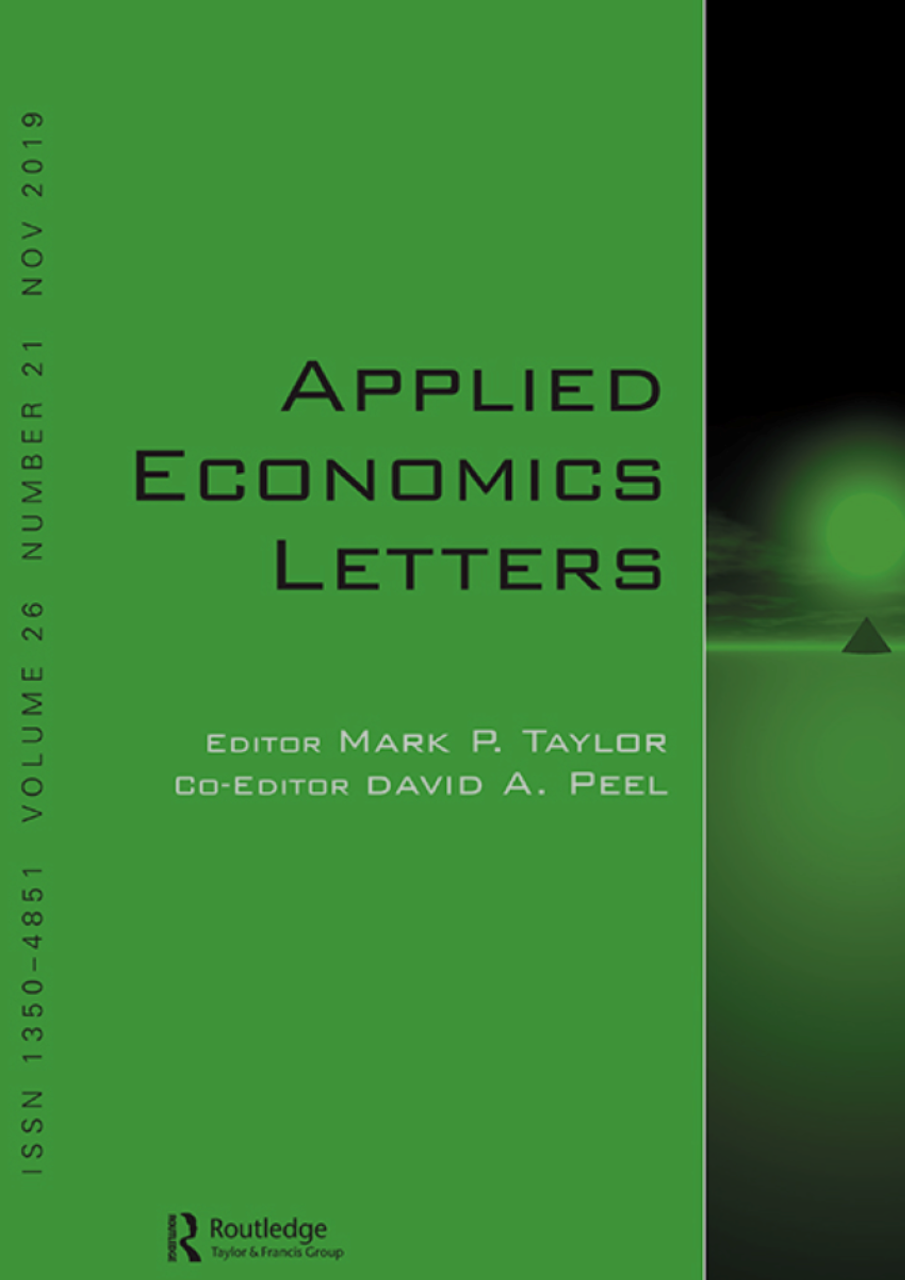
Analysing the Role of Energy in Economic Growth and Convergence: A Cross-country Study from 1980–2019
Using an econometric model, we generate scenario projections of CO2 emissions under different sets of…
26th February 2025


